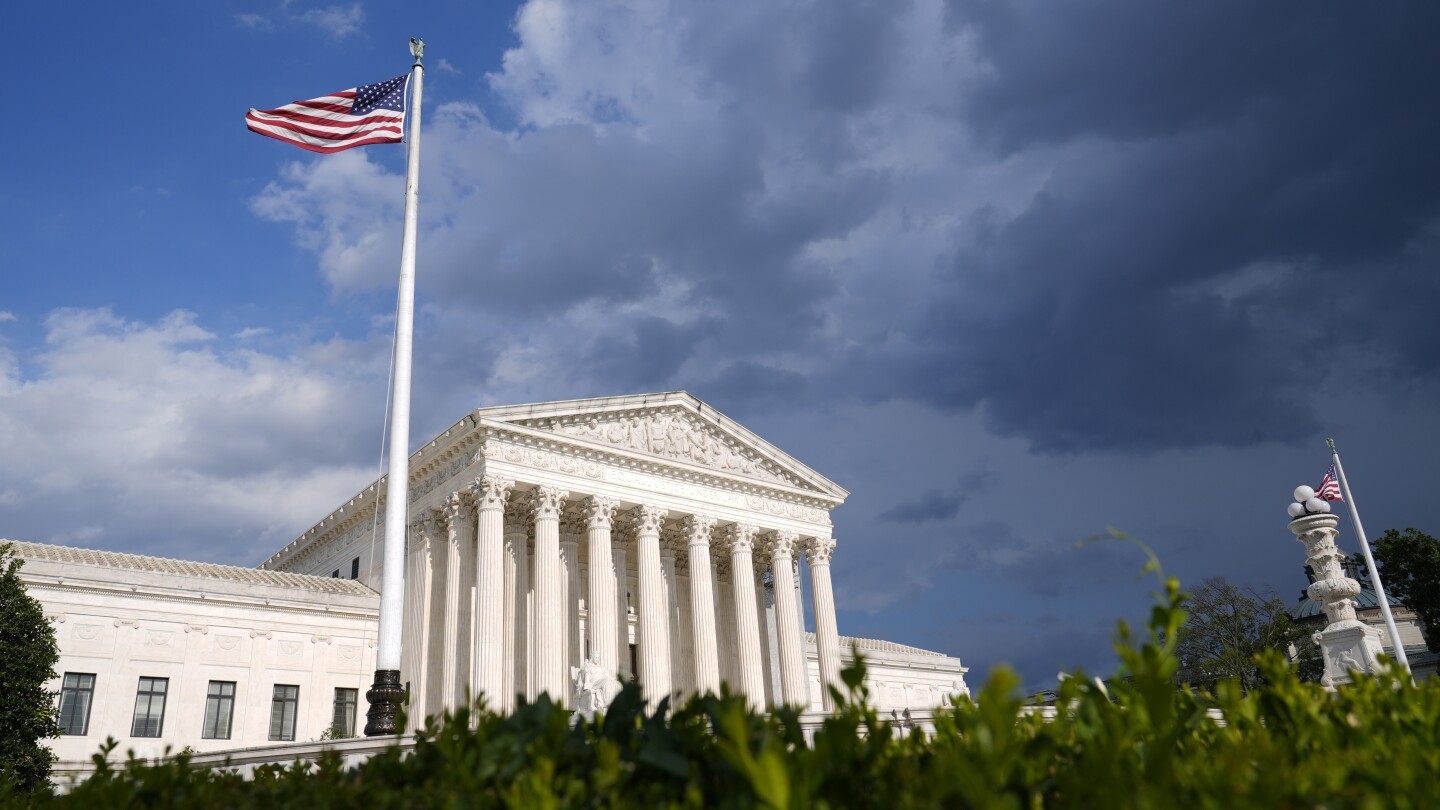Faith, Funding, and Controversy: Supreme Court Poised to Decide Oklahoma's Religious Charter School Fate

In a move that promises to spark intense debate, the Supreme Court has decided to wade into another contentious cultural battleground: the potential establishment of Oklahoma's first publicly funded religious charter school. This landmark case could reshape the boundaries between church and state in education, challenging long-standing principles of public school funding and religious neutrality.
The case represents a pivotal moment in the ongoing conversation about religious freedom, educational access, and the constitutional separation of church and state. By agreeing to hear this controversial case, the Supreme Court is poised to make a decision that could have far-reaching implications for how religious institutions interact with public education funding.
At the heart of the dispute is a fundamental question: Can a religious institution operate a publicly funded charter school without violating constitutional principles? The outcome could potentially open the door for similar schools across the nation or firmly close it, setting a critical precedent for future educational and religious liberty debates.
Legal experts, education advocates, and religious liberty groups are watching closely, understanding that this decision could dramatically transform the landscape of public education and religious institutional rights in the United States.

